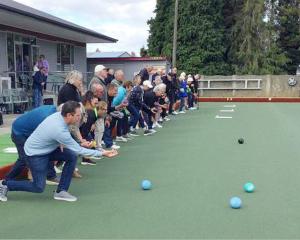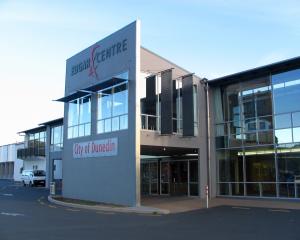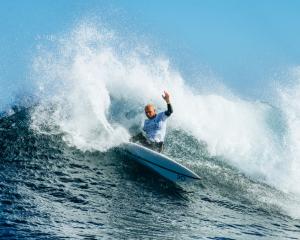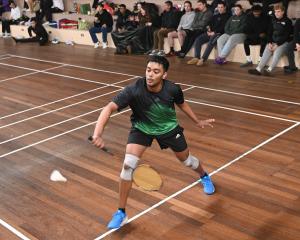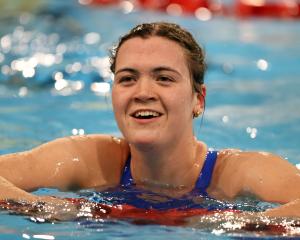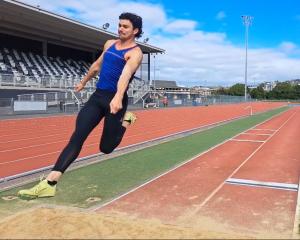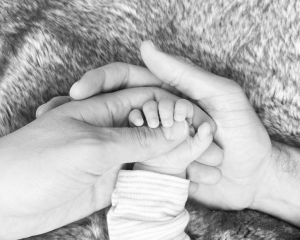July is te marama o te reo Maori (Maori Language Month), so it is appropriate that the Maori All Blacks get to play in front of a home crowd this month for the first time since their centenary games in 2010.
The New Zealand Barbarians played the Maori men in black in the first of their centennial games in 2010 so it is fitting that they play each other again at Eden Park five years later.
The Maori All Blacks are now recognised by New Zealand Rugby as a high-performance team but it is becoming more difficult to convince international teams to play them in a window that is squeezed by domestic and Super rugby obligations and packed with World Cup warm-up games.
It is no surprise that the announcement of the Maori All Black squad was overshadowed by the excitement and rush to get elusive (and expensive?) tickets to the Super rugby final between the Highlanders and the Hurricanes, and for those playing in the final and named in the Maori or All Black teams, there is no down time.
Many involved in the Super rugby final this weekend have also been a part of the Maori All Black legacy, including Highlanders coach Jamie Joseph and Hurricanes manager Tony Ward.
Maori players from both teams in the final have demonstrated the same passion in their Super rugby colours as they did in the ornately designed Maori jersey.
Highlanders Brendon Edmonds, Jason Emery, Elliot Dixon, Ash Dixon, Dan Pryor and Aaron Smith have all had the honour of playing for the Maori team, as have Hurricanes players Blade Thompson, Matt Proctor, Chris Eves, Chris Smylie and Nehe Milner-Skudder.
Milner-Skudder's trajectory into an All Black jersey has been giddy and started with an ITM Cup trophy with Manawatu, two games with the Maori All Blacks, and playing a key role in the Hurricanes' successful season.
There are 10 new caps in the Maori team and many will be loving the opportunity to be part of a culturally-unique and elite team environment where they, too, could go from strength to strength.
Those who don't have Maori whakapapa should not despair, as it is highly likely the Barbarians teams will be stacked with players who are on the All Black selectors' radar.
There may be some who are sceptical of how ''Maori'' the Maori All Black team really is with players of all shades and levels of Maori language and tikanga confidence named in the squad of 27.
Cultural identity is more than skin colour, and from my observations last year (while on tour with the team in Japan), all players grew in pride and understanding of their Maori heritage as a result of being in the team.
It is ignorant to try to quantify someone's Maori-ness. Ethnic identity is much more complex than that.
According to the last Census, one in seven people living in New Zealand identify as Maori. A more interesting trend, though, is that more than half of those who identified as Maori identified with two or more ethnic groups, so it is no surprise that many of those named in the Maori All Blacks are diverse in their ethnic and cultural heritage.
Kinship is a central part of the Maori team's ethos and with brothers Akira and Rieko Ioane as well as Damian and Marty McKenzie in the mix, there will be lots of connections already there and yet to be discovered that will make this team even stronger.
Those selected are also part of another whanau, and that is the brotherhood that all players feel when they're a part of the rugby environment.
It sounds cheesy but it's true, and many of the players in the Maori All Blacks who were interviewed last year mentioned this strong bond.
Whether they're playing in blue, yellow, green or black, there will be a strong sense of kotahitanga (unity) and whanaungatanga (kinship) this weekend on and off the field.
As spectators, we get to feel a part of this for one weekend. So, to the Highlanders: karawhiua! - give it heaps!


